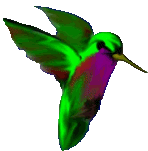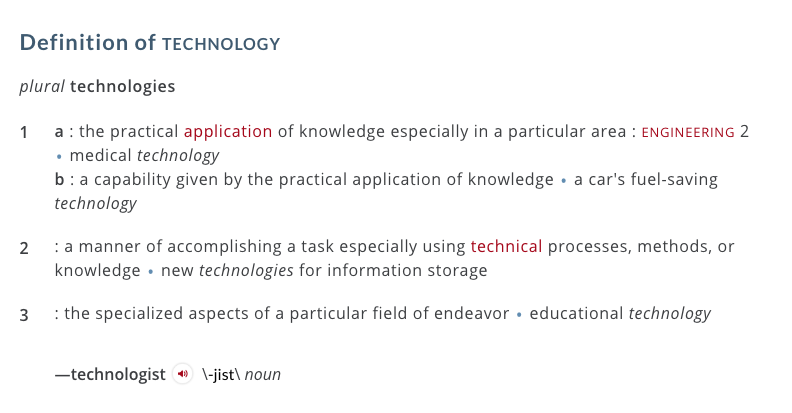Week 1: Assignment #1
Reflection on our first class
"What is technology?"
Marcel Duchamp "Fountain" (1917)
Source: https://events.nyu.edu/#!view/event/event_id/192730
Our first class gave me a lot to think about in terms of the role of intention in art. Just that if you have a basic message it can be translated through any medium, or even using the human body and/or substances found in nature to express it. Is the medium the message or is the message going through medium? I guess it is has to be one and the same in order for it to get across to the viewer, or two sides of the same equation. But intention is a vital part of it, possibly at times, like in the pieces we looked at in class, just as much as each "1" is in the math equation 1 + 1 = 2, with the result representing the artwork fused in equal parts with the intention. However sometimes the intention does not get conveyed in art properly, so there is an art also in choosing the medium and how to make choices with materials or the "medium" along the way in order to express what the artist is trying to get at and get that balance right. And sometimes maybe there is no intention but the viewer can find their own meaning. But is there ever really no intention?
It is interesting to think about tools, or what we think of as technology. In the Brian Eno biography "Visual Music" which I am currently reading (very slowly), Eno quotes inventor Danny Hillis as saying "technology is the name we give to things that don't work yet. When it works we don't call it technology anymore." So we see the bits and pieces that make up a device which assists us to do something as the technology, but not the device itself? A circuit board or a touch screen is technology, but not a phone? A fuse is technology but not a light bulb? Is that really how we perceive things?
I tried to think of how I would replicate the final project I did for my Physical Computing class last semester without "technology". It was a project which involved a person's heartbeat being sonified using a pulse rate sensor, an Arduino, and a computer program which played sounds and showed a breathing visualization. For the "technology free" version maybe it could involve someone listening to another person's pulse with their fingers, and then following each pulse by creating a sound with their voice sonically, and some other hand gesture could be made by another person, for the person meditating or user to follow as a breathing exercise, maybe a circle of the arms getting bigger and smaller. However it could also be argued that the voice is technology, and the human body is an analog synthesizer that can resonate with its own voice. In this example also the arms are being used practically to do something in a way that could potentially be seen as technology in order to achieve a means to an end. In this way anything that can be used to "do" something could be viewed as technology.
I would personally say that something becomes technology once you use it for something other than what it was originally intended to be or do in nature. Something "extra" or added. You can make an instrument out of a piece of wood, but that is not what it was explicitly made for. Trees grow to exist and be part of the planet's ecosystem, which is also arguably the inherent "technology" or ancient design of Planet Earth and the system which is (or was) in place in nature. Once the wood has been shaped into a paintbrush, and synthetic or horse hairs applied as the paintbrush head, that makes it something explicitly designed for painting and thus a specimen of "technology". In terms of sound, many objects in nature can be used to create tones and vibrations that are not necessarily intended to be used as such. A monkey may also use a sharp rock to hit on a fruit in order to crack it open and eat it. Does that make the rock "technology" when it is used that way? Is it not technology when it is not?
Similarly the human is designed to breathe, walk, eat, etc. and also to sing, but singing is not necessarily the express purpose of having the form of a human body or the most essential one. A human body is meant to survive and live. However, singing is something we can do with it, and it definitely can make the contexts of our lives richer to use it in that way, and to hear others use it in that way.


